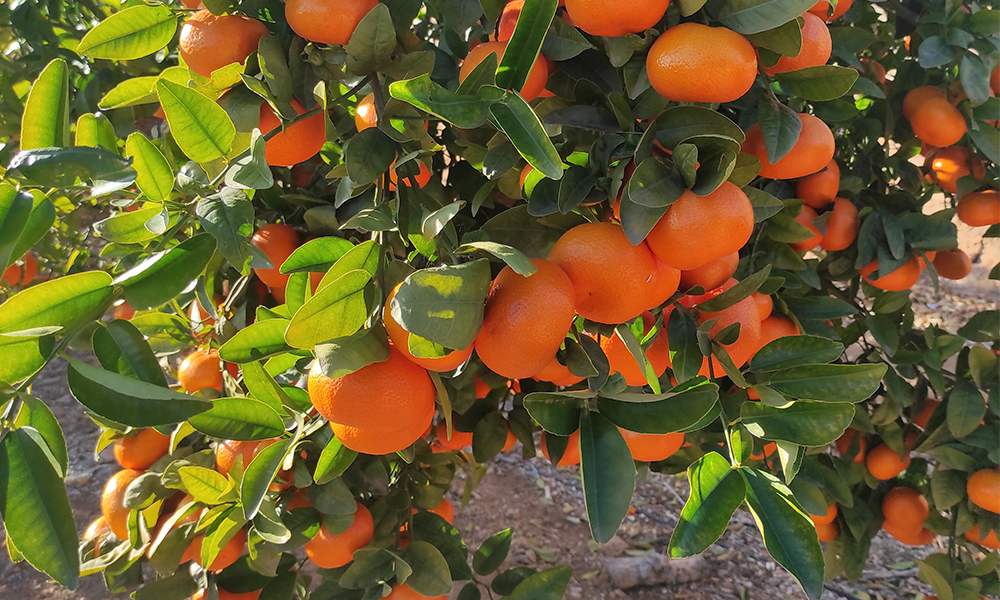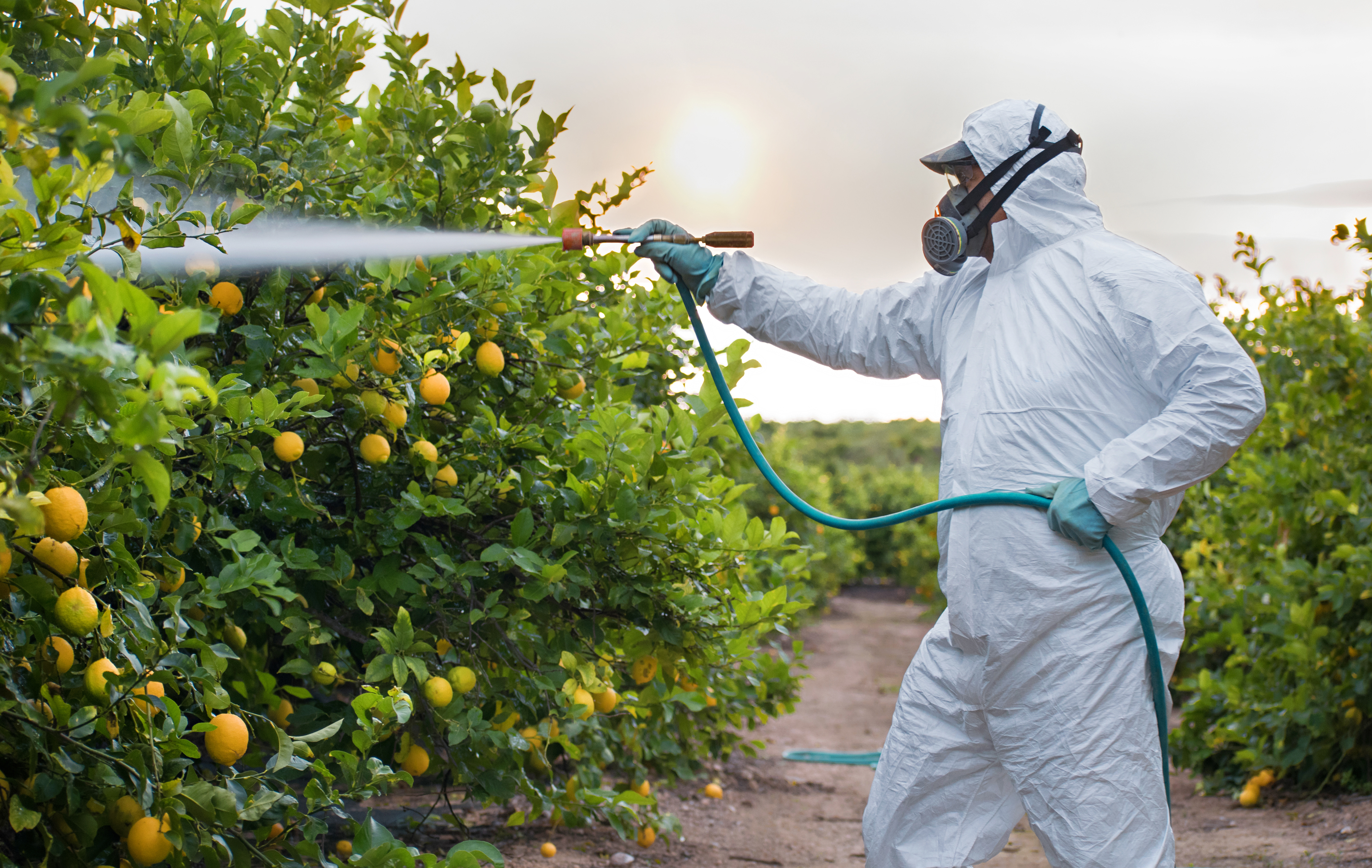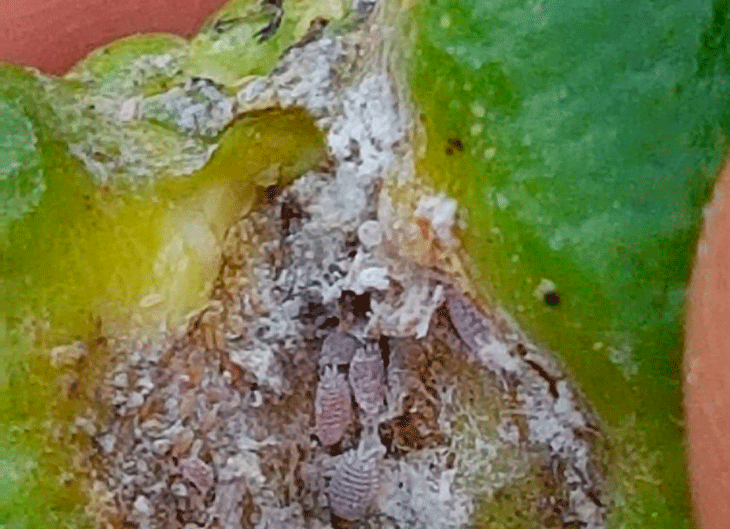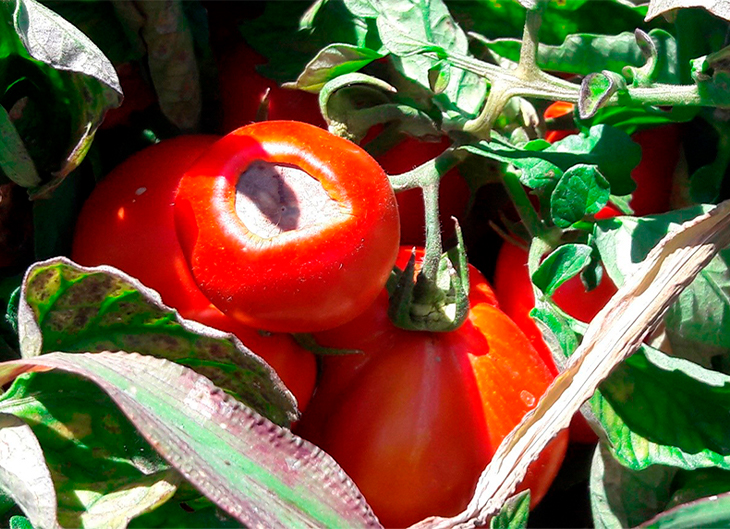
Calcium nutrition
In a previous article we already echoed the importance of calcium in our crops. In this article we saw what were the functions of calcium both in the plant and in the soil, and we also highlighted the problems caused by the lack of this secondary macroelement.
It should be remembered that calcium (Ca) is the most important element after the primary macroelements. It is also an essential macronutrient for plant development and its absorption by the plant is carried out passively and does not require energy, in contrast to other elements. The route of entry is extracellular, through the apoplast, dragged by the stream of water that penetrates the plant and is generated by transpiration. It is in the organs of low perspiration as new shoots and, mainly, fruits where calcium deficiencies usually manifest themselves (Battey, 1990).
In addition to its essentiality, it can be said that no other macroelement, except the primary ones, has received so much attention from the point of view of soil fertility. The numerous studies carried out on calcium have shown its fundamental role, not only in the structure of the soil, but also in the mechanics and chemistry of the adsorbent complex, and its influence on the ability to assimilate other elements considered essential for the plant.
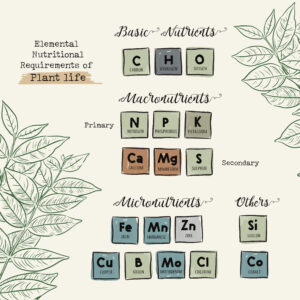
Calcium Applications
It is known that the availability of calcium in the soil is linked to various soil factors, such as: texture, pH, erosion, rainfall, leaching, etc., as well as those inherent to the element such as the ways in which it is present and available to plants that only take advantage of approximately 3% of the Ca2+ ion in the soil.
In the soil, calcium is captured directly by the root and through the movement of nutrients by mass flow to them, therefore, root absorption depends on the availability of soluble Ca2+ in the soil, the existence of young roots and active transpiration.
In this sense, if it is intended to achieve that this nutrient reaches all tissues throughout the phenological cycle of the different cultures, especially young tissues and organs that are fed almost exclusively via phloem, it is necessary to make foliar contributions of the same.
Lanzadera® Calcio
Our product LANZADERA® CALCIO is a liquid corrector of Calcium deficiencies (Ca) complexed with the innovative and versatile technology of the Lanzadera® System that surrounds the calcium cation, protecting it from unwanted reactions. This versatility lies in its double possibility of application, both via foliar and via irrigation, where, thanks to this technology, it is equally efficient and effective.
When applied via foliar, the molecular structure of the Lanzadera® System is similar to that of the molecules on the surface of the plant, so that this cation (Ca2+), stabilized, is attracted to the plant cuticle and “launched” into the plant. The Lanzadera® System, thanks to its smaller size of molecules, assures us:
- – higher rate of absorption and penetration into the plant.
- – rapid assimilation and accumulation in the leaves and fruits.
Applied via soil through irrigation, the Lanzadera® System provides more direct calcium nutrition. Being a set of organic nanoparticles it is able to move quickly within the soil solution, transferring nutrients to the interior of the root more quickly and directly. Once the cations are delivered, the Lanzadera® System, being negatively charged, behaves like the change complex, absorbing the positively charged nutrient elements from the soil solution, retaining them on its surface and preventing them from being lost by leaching. In short, increasing the Cation Exchange Capacity increases the bioavailability of nutrients in the soil, thanks to the recharge capacity of the Lanzadera® System.
In summary, through the applications of LANZADERA® CALCIO we are:
- – Prevents against various physiopathies in apple tree (bitter pit), in stone fruit trees and table grapes (cracking), in citrus fruits (cracked, pixat, chopped …), in persimmon and medlar (purple spot), in strawberry (hollow heart, cracking, cracking …), in horticultural (tip burn, apical necrosis of the fruit, black heart …), etc.
- – Achieves a higher content of Linked Calcium: Useful calcium in fruit with which a better and more lasting conservation of the fruit is acquired.
- – In addition, by providing it via irrigation:
- – Increases the bioavailability of calcium in soil.
- – Increases the size of the exchange complex.
- – Displaces sodium from the soil.
- – The Lanzadera® System, being a set of organic molecules of natural origin, is broken down by soil microorganisms, increasing their activity.

